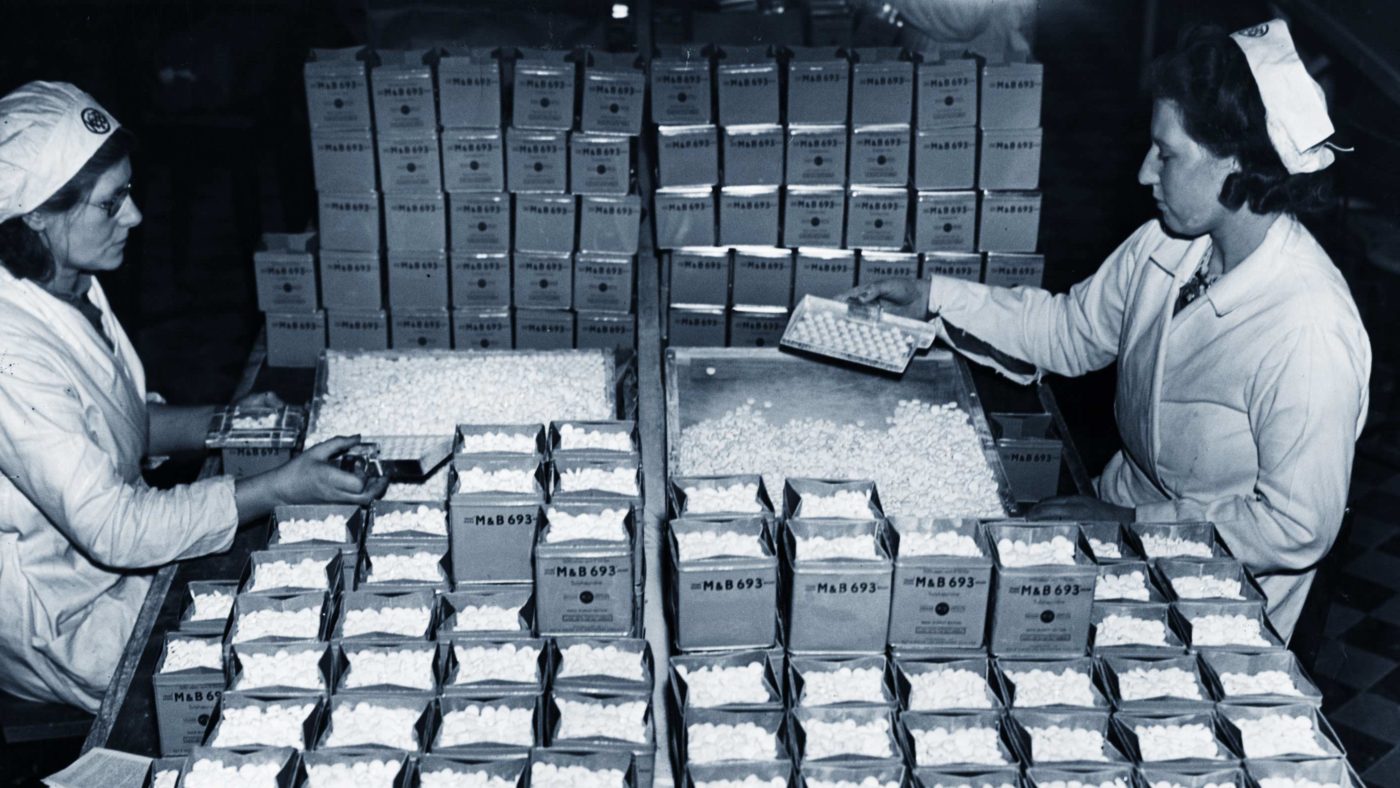Global Justice Now wants us all to know that pharmaceutical drugs ought to be public goods and therefore we really should get rid of the patent system which so enriches the Big Companies. This suggestion is a neat and elegant example of the art of not getting it. The reason we have the patent system that enriches Big Pharma is exactly because pharmaceuticals are a public good. The very thing they’re complaining about is the solution to the ill they’ve identified.
Plenty of guff has been written about this: allegations of “rip offs” and taxpayers paying twice, and even the interesting claim that two thirds of drug development is paid for by the taxpayer. That is such a surprising estimation because in their more detailed report, Global Justice Now claim that government sends some £2.3 billion a year on health R&D. A lot of money, no doubt about it. But the pharma industry is said to spend, in the UK, some £8 billon a year on R&D. And however I crunch that I can’t make 2.3 two thirds of 8. But other than just wild abandon with the facts, they missing two vital underlying points.
The first is about what actually costs money in drug development. It’s entirely true that many of the interesting new compounds come out of universities and other state-funded organisations. But that’s not what costs the money, not at all. The things which break banks are the Phase III trials, when the new formulation is tested in double blind trials on some significant portion of the population that suffers from the complaint to be cured. These cost hundreds of millions each. Further, the few that succeed also have make enough money to pay for all the ones that fail.
Depending on who you talk to, a new drug costs some $800 million to $2 billion to bring to market. Given our insistence on stringent safety checks, who pays doesn’t change the amount that needs to be paid. In a tax-funded healthcare system such as the NHS, it is always going to be you and me, the taxpayers. Whether we pay the costs of development directly, or for the drugs after development, we’re still going to be carrying those costs.
The second mistake is the more fundamental confusion that because drugs are public goods, they shouldn’t have patent protection. As mentioned, that is exactly why patents exist.
Note what a public good is here. It’s not something good for the public, not a good made available to the public, nor is it even a goodie to be granted to the public. It means that it is something non-rivalrous and non-excludable. We can’t stop someone using it and we also don’t run out of it because someone is using it. Knowledge is an excellent example of such a public good.
At this point, an economist would point out that if we can’t stop people using it and also there’s no shortage of it then it’s very difficult to charge for it and thus make a profit. At which point fewer people will produce these public goods than we would like. Which is the argument for government intervention in the provision of public goods – and it’s a good argument too.
One method is that government pay for the R&D, which it does, we get public goods in the form of new knowledge and Huzzah! Given that government is, in one manner, what we do in order to gain access to public goods there really shouldn’t be a problem with this.
But notice that the argument is in favour of intervention, not necessarily of direct provision by the State. Which is where patents come in – so too copyrights. We would like people to make public goods but we know it’s difficult to profit from them. So, we create artificial monopolies, 20 years for patents, to incentivise the production of those goods. The people who put $2 billion into curing some dreadful lurgy get to make like bandits for 10 years (it usually take half the patent life to get approval to sell) and then we all get to enjoy it at near production cost for the rest of time.
I don’t say, no one does, that this is a perfect system. But it is vital to understand that this is an attempt to solve that public goods problem, something Global Justice Now woefully fails to grasp. Their complaint is about the solution we apply to the problem of knowledge creation – once we know that a given chemical has a certain effect then anyone can start using it to do so. In such a world, who would labour for a decade to prove it?
As I said, we taxpayers are going to pay either way so why not just have government do all the research? Because that would mean that all research is directed by government. Having set the correct economic incentives, we’ve now harnessed the efforts of everyone from rigorously directed research teams through to nutters with a pipe dream to the task of solving human ills.
The alternative is having the bureaucracy deciding what gets researched, by whom and how. And given the way government works in general then who thinks the right targets are going to be picked or the incentives aligned for them to be reached?
Patents on life saving drugs aren’t a lovely nor beautiful solution but the reason for that is that we face a difficult economic problem. How can we incentivise someone to spend a billion or more on something that can be freely copied the moment it is proven to work? We prevent the free copying for a limited period after that proof.
And you know what? Ugly as it, is it works.


